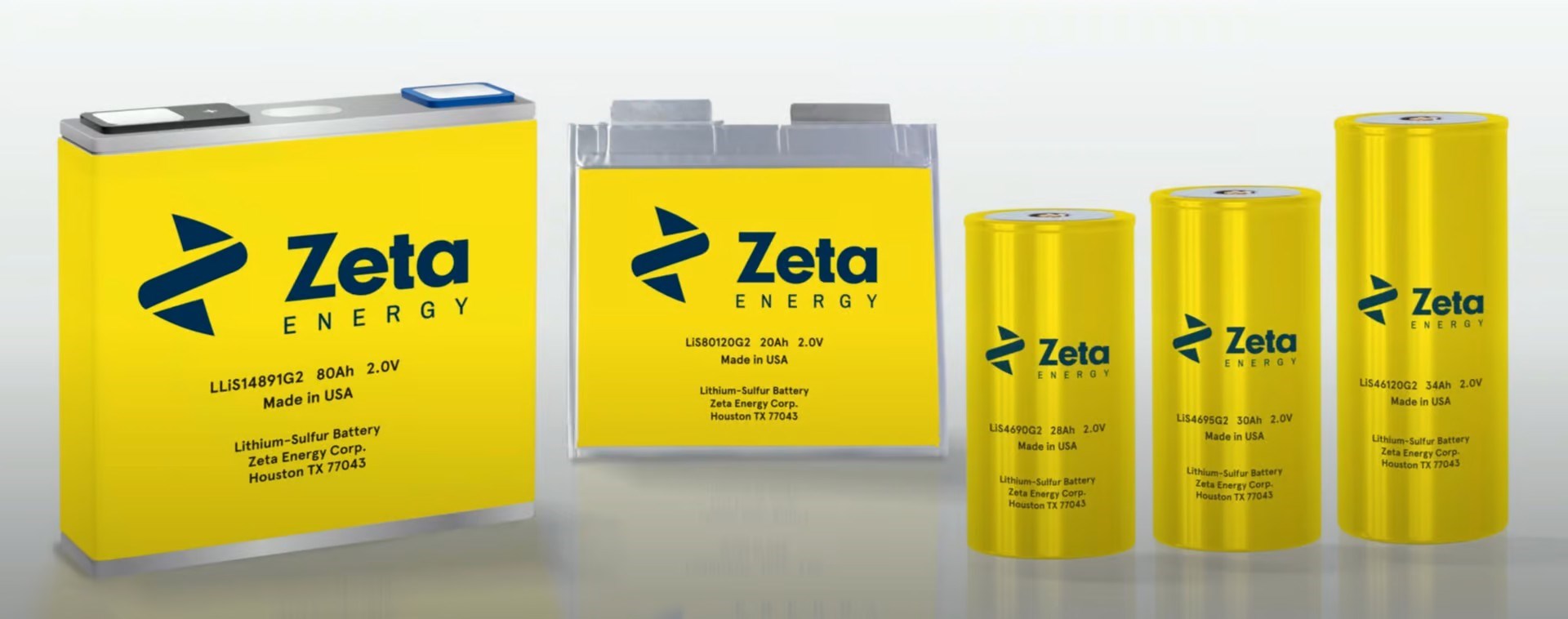
See Full Size
Lithium sulfur batteries have significant advantages
Unlike traditional lithium-ion batteries, lithium sulfur batteries It does not use expensive materials such as nickel or cobalt. Therefore, production costs are lower. However, the biggest problem with these batteries is They have a short lifespan.
Lithium sulfur batteries are less costly and high energy density also offers. While lithium ion batteries have a density of 200- 250 Wh/kg, lithium sulfur batteries 400-600 Wh/kg can reach density. Therefore, it has the potential to significantly extend the range of electric vehicles.
Lithium sulfur batteries also have simpler chemistry and do not rely on the slow diffusion of lithium ions into solid materials (such as graphite in Li-ion). Instead, the reactions occur directly between lithium and sulfur. In addition, since they operate at lower voltages, they can absorb energy faster since they do not show much resistance during charging. this too It allows them to charge faster. Lithium-sulfur batteries also have different properties than lithium-ion batteries. much safer It is stated that .
The two companies aim to be able to produce the batteries on existing lithium-ion production technology, depending on the supply chain to the location in Europe or North America.
Stellantis also in Nevada in October World’s first gigafactory for lithium sulfur batteries Silicon Valley startup plans to invest over $1 billion to build LitAlso among the investors of .
Source
https://www.stellantis.com/en/news/press-releases/2024/december/stellantis-and-zeta-energy-announce-agreement-to-develop-lithium-sulfur-ev-batteries
https://newatlas.com/automotive/stellantis-zeta-lithium-sulfur-li-s-batteries/
This news our mobile application Download using
You can read it whenever you want (even offline):




